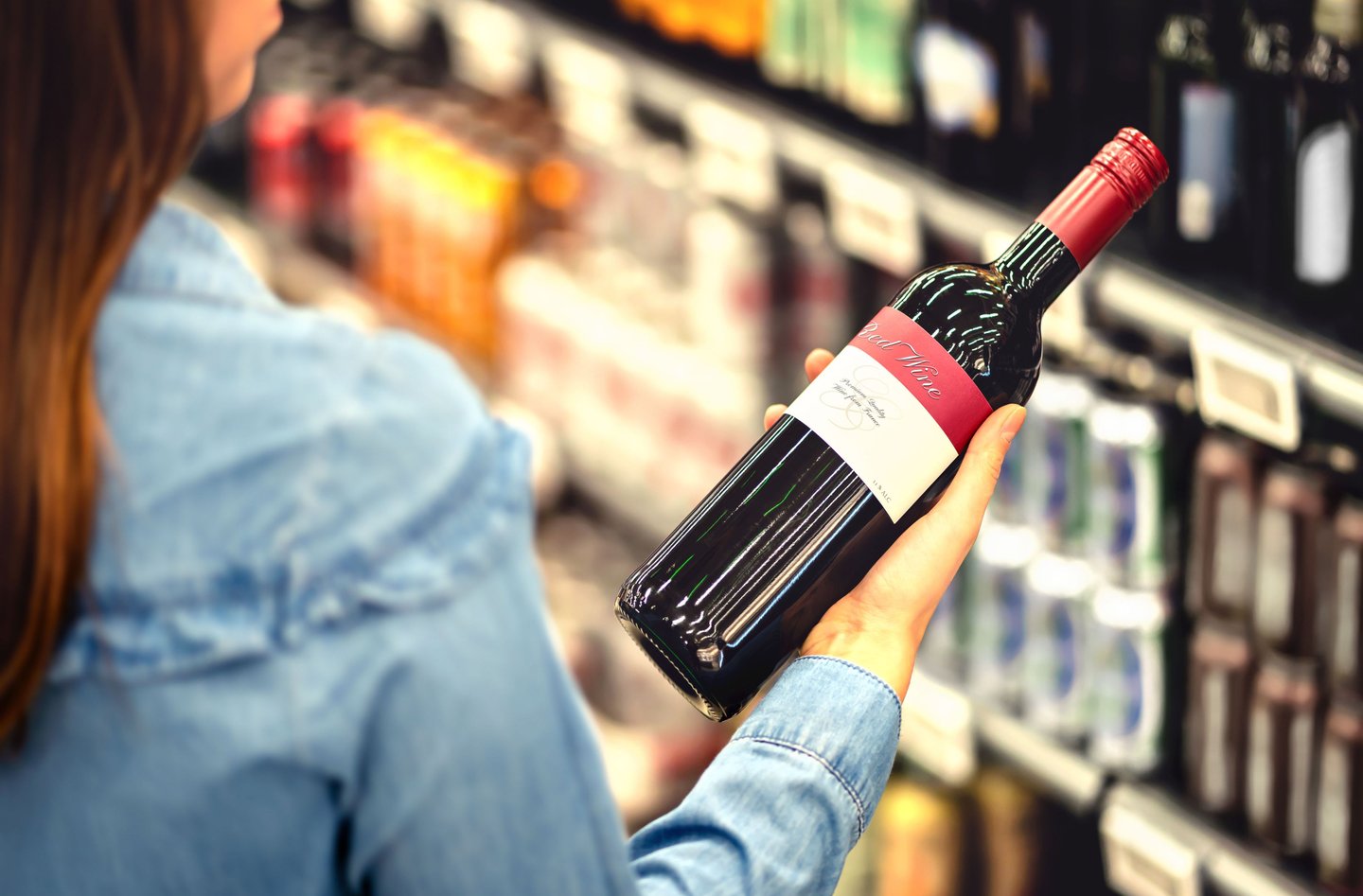Manitoba revives plan to test liquor sales in more retail stores
Manitoba's Progressive Conservative government is reviving plans for a pilot project that would see liquor sold in a wider array of retail outlets—potentially including grocery or corner stores.
The government first proposed the plan in a bill last spring, but the bill failed to get approved by the legislature before the fall break.
Andrew Smith, the minister for liquor and lotteries, has reintroduced the bill and says he hopes it will become law in the coming months, before the provincial election slated for Oct. 3.
Smith says there would be a five-year pilot project and public consultations before deciding what kind of stores might be involved.
He says the aim is to give Manitobans more convenience and choice, and bring Manitoba more in line with other provinces.
The Opposition New Democrats says they are worried sales in places such as corner stores would make liquor available too close to schools and other areas where children are.
"I know one of the ones in my constituency is right next to a junior high school,'' Lisa Naylor, an Opposition New Democrat legislature member, said Thursday.
"That doesn't really seem like the place you should be having a fridge full of cans of beer, or a shelf full of 40 ouncers.''
It's not clear if the bill will become law before an election is called. Legislature rules allow the Opposition to delay up to five bills from passing before the summer break, and Naylor said no decision has been made yet on which ones the NDP will hold up.
Smith said a five-year pilot project is a good way to determine whether wider booze sales is good for Manitoba.
"We'll see, (we'll) test the market, see what that market says and of course what Manitobans want,'' Smith said.
The New Democrats released documents Thursday that show officials from 7-Eleven met with Smith last fall to discuss liquor sales.
Currently, Manitoba's liquor system is a mixture of private and government-run stores that doesn't include outlets such as corner stores.
Government liquor stores sell a full array of alcohol products, while private stand-alone beer vendors and wine stores in most urban areas offer a limited range of products. There are private vendors in many rural communities that offer a full range.


